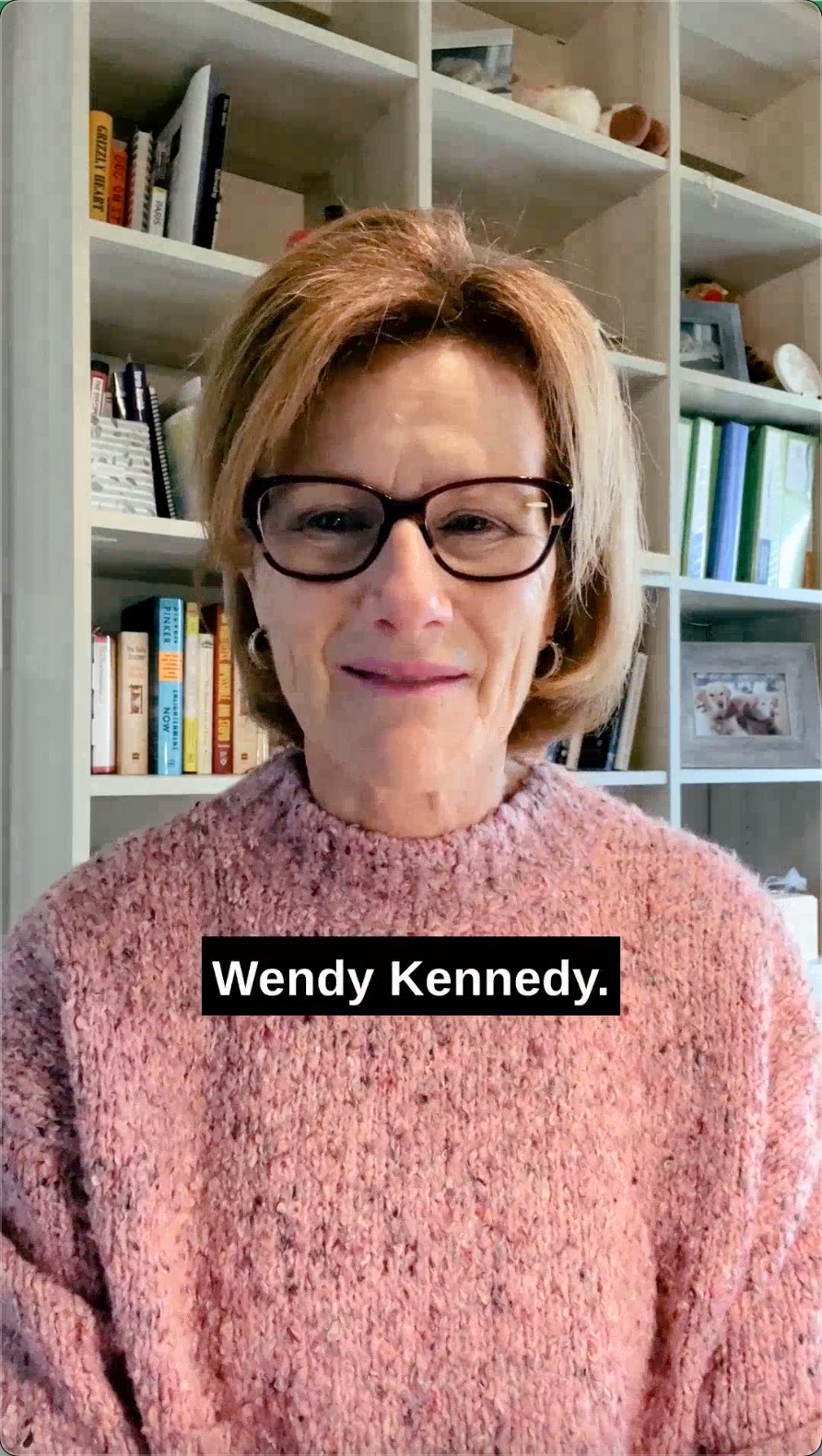One of the best parts of my day is spending time talking with our community of WKI Certified Coaches. We have an amazing group of skilled, passionate people who are running entrepreneurial programs across a wide spectrum of audiences. I make it a point every week to speak live with a few of our certified coaches and I am always energized and inspired. So, in this post, since it’s SBIR season in the USA, here’s a snapshot of the impact TEC Dayton is making in the SBIR arena.
First, for our international audiences, SBIR is the acronym for “Small Business Innovation Research” – a program enacted by the USA federal government to support research and innovation that has the potential for commercialization. Through a competitive awards-based program, SBIR enables small businesses to explore their technological potential and provides the incentive to profit from its commercialization. For purposes of this post, I will focus on the big picture – there are two types of awards where funding is available – SBIR Phase I is designed to establish technical merit and typically funding amounts do not exceed $150K. SBIR Phase II is to continue the development from Phase I, and awards normally do not exceed $1,000,000 total costs for 2 years. SBIR Phase III is the commercialization phase, with no federal funding available.
Scott Koorndyk, President of TEC Dayton, and a WKI Certified Coach, has developed a strong working relationship with the Air Force Research Lab (AFRL) in Dayton, Ohio. Scott has assembled a cracker jack team of WKI Certified Coaches to engage with early stage companies and technologies. Earlier this year, Scott and his team took 18 different SBIR Phase I awardees (funded from AFRL as the program sponsor) through the So what? who cares? why you? program to explore and discover the commercial potential of their ideas. A key objective of this effort was to discover and define the commercial value proposition for their early stage technologies.
The results speak volumes: in this first cohort, 8 of the program participants went on to pursue Phase II SBIR contracts, and all were successful. In addition, three other companies went on to secure angel/Investor capital to fund ongoing innovation. Two other program participants (who had never met before) joined together to pursue a Phase II award that combined each of their respective technologies (which was also successful).
Next up….Washington, DC, Dayton, and Colorado Springs: In October, TEC Dayton kicked off its Fall So what? who cares? why you? SBIR Program. This time around there are 32, yes, 32 companies participating – some developing Phase I applications and others seeking Phase II. In both cases, they will engage in the So what? who cares? why you? program to discover and define the commercial value for their technologies. The program will wrap up in December, in time for the next round of applications to be submitted.
Hats off to Scott Koorndyk and his team for the impact and results they are generating. The tools in So what? who cares? why you? are simple to use, but powerful in their results. I always say they come to life through coaching — and when you put a small group of founders together, exploring one another’s ideas through the common language of the So what? who cares?why you? tools. Scott and his team get this – founders helping founders as sounding boards and devil’s advocates. Often, it’s the simple things that make the biggest impact.
Stay tuned for more So what? who cares? why you? stories from the field ….






